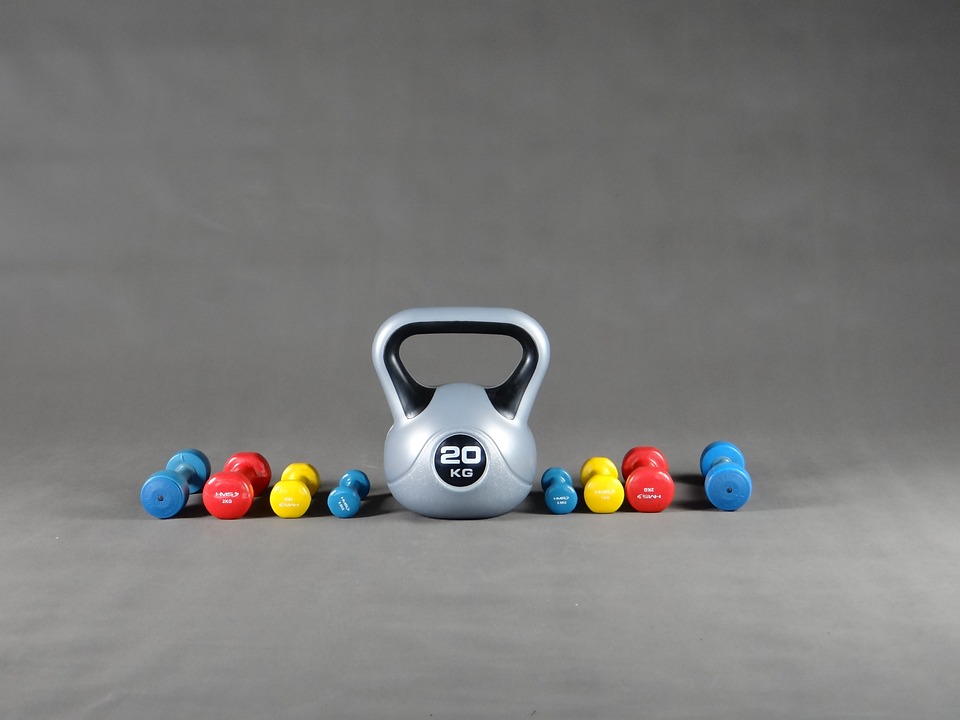Maintaining good mental health is essential for overall well-being and quality of life. Just like physical health, mental health requires regular care and attention to ensure a healthy state of mind. Here are some dos and don’ts to help you maintain good mental health:
Dos:
1. Practice self-care: Take care of yourself by engaging in activities that make you feel happy and relaxed. This could include things like taking a bubble bath, reading a book, going for a walk, or spending time with loved ones.
2. Stay active: Regular physical activity has been shown to improve mental health by reducing stress and anxiety levels. Aim to exercise at least 30 minutes a day, whether it’s going for a walk, doing yoga, or hitting the gym.
3. Practice mindfulness: Mindfulness techniques, such as meditation and deep breathing exercises, can help you stay present and calm in stressful situations. Incorporate mindfulness practices into your daily routine to improve mental clarity and focus.
4. Seek help when needed: If you are struggling with your mental health, don’t be afraid to reach out for professional help. Talking to a therapist or counselor can provide you with the support and guidance you need to overcome challenges and improve your mental well-being.
5. Maintain a healthy diet: Eating a balanced diet rich in fruits, vegetables, and whole grains can help improve your mental health. Avoiding processed foods and excessive sugar and caffeine can also help regulate mood and energy levels.
Don’ts:
1. Ignore your feelings: It’s important to acknowledge and address your feelings, even if they are uncomfortable or difficult. Ignoring or suppressing emotions can lead to increased stress and anxiety in the long run.
2. Neglect self-care: Self-care is not selfish, it is necessary for maintaining good mental health. Neglecting self-care activities can lead to burnout and increased feelings of overwhelm and exhaustion.
3. Bottle up emotions: Expressing your emotions in a healthy way is key to maintaining good mental health. Bottling up emotions can lead to pent-up stress and anxiety, which can negatively impact your mental well-being.
4. Compare yourself to others: Comparing yourself to others can lead to feelings of inadequacy and low self-esteem. Focus on your own strengths and accomplishments, and avoid the trap of comparing yourself to others.
5. Engage in harmful behaviors: Using substances like alcohol or drugs to cope with stress or mental health issues can worsen symptoms and lead to addiction. Avoid harmful behaviors that can negatively impact your mental health.
By following these dos and don’ts, you can take proactive steps to maintain good mental health and improve your overall well-being. Remember that mental health is just as important as physical health, and it’s essential to prioritize self-care and seek help when needed.

